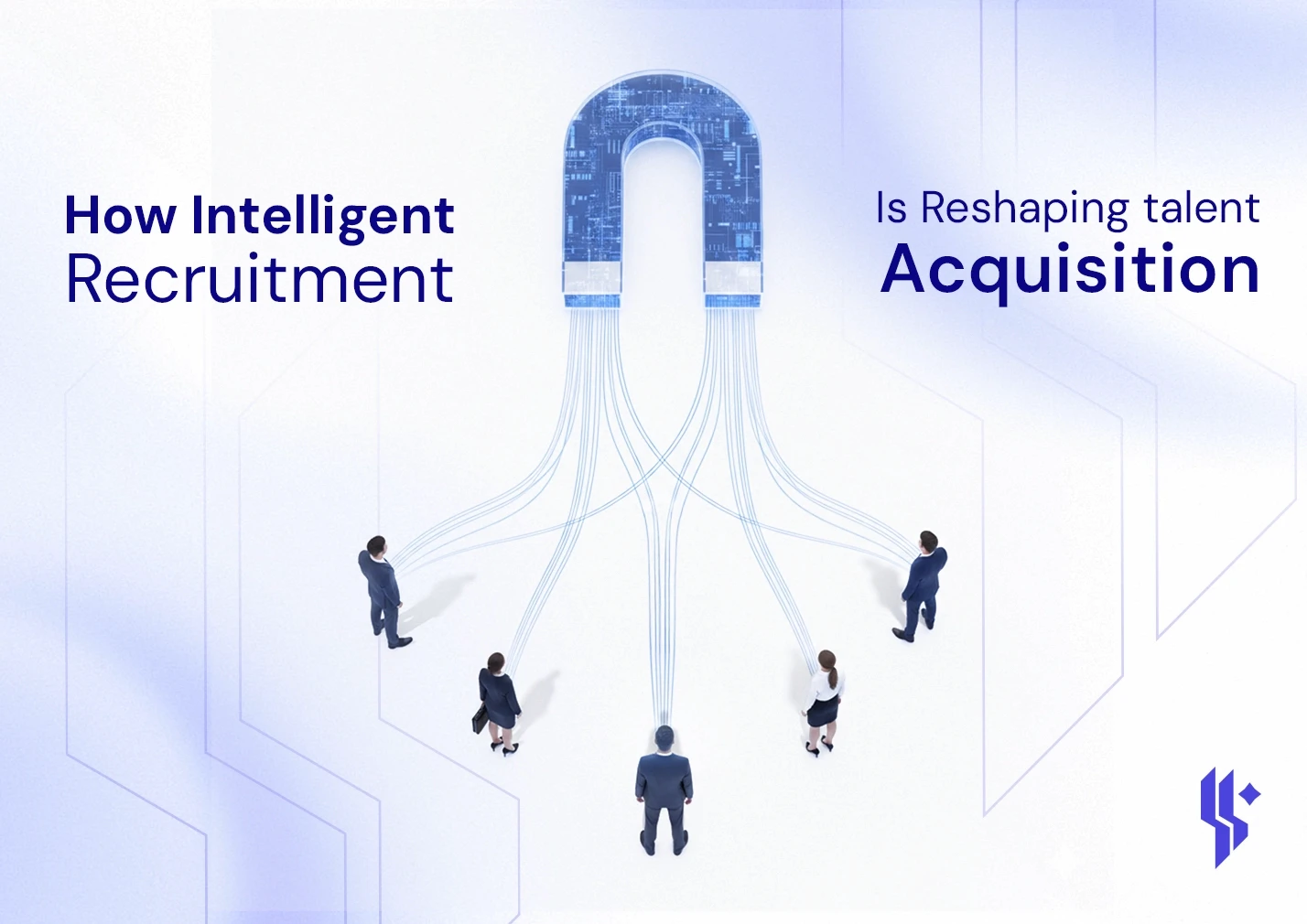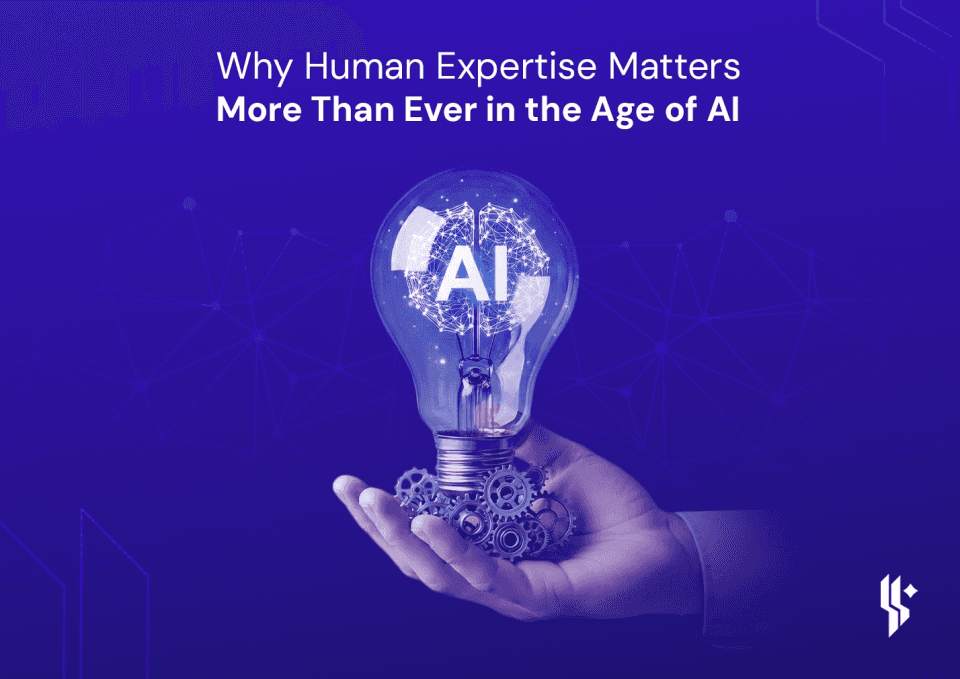Wynt Blog
Find an Article
Wynt Blog
Find an Article
Wynt Blog

Jun 18, 2025
The Future of Jobs Report 2025: What It Means for You
The Future of Jobs Report 2025: What It Means for You
The Future of Jobs Report 2025 by the World Economic Forum (WEF) reveals a transformative outlook on the jobs of the future, highlighting an era shaped by automation, AI, demographic shifts, economic turbulence, and sustainability initiatives.
What does this mean for professionals, employers, and learners worldwide? Let’s dive in.
⸻
Net Job Growth Amid Disruption
By 2030, automation could replace around 92 million jobs, but also create 170 million new roles, leading to a net gain of approximately 78 million jobs globally.
Growth will be strongest in sectors such as:
• Green energy & carbon management
• Healthcare, caregiving & social work
• Software development, AI, data analytics, and cybersecurity
⸻
Reskilling & Upskilling: A Non Negotiable Imperative
• About 44% of workers will require significant upskilling or reskilling by 2030 .
• 60% of businesses are investing in employee training, focusing on AI, green technologies, digital tools, and leadership .
Employers are shifting from degree-based hiring to skill‑based recruitment, emphasizing competencies like AI literacy, data visualization, project management, cybersecurity, and creative problem-solving .
⸻
AI in the Workforce: Augment, Don’t Replace
While AI is automating routine tasks, 85% of companies view it as a complementary tool, augmenting, not eliminating human roles. Reskilling must include both:
• Technical skills: AI/ML, coding, cybersecurity
• Human-centric skills: critical thinking, resilience, ethics, collaboration
⸻
The Rise of Remote, Hybrid & Flexible Work
By 2030, 25% of digital roles are expected to be fully remote . Remote work combined with cross-border hiring is gaining momentum (e.g., 65% of Australian employers leverage remote strategies to close skills gaps).
This shift demands proficiency in digital tools and cybersecurity.
⸻
Green Jobs: Sustainable, High Growth Careers
The green transition is a major job creator:
• New roles in renewable energy, carbon management, and sustainability consulting.
• A projected 24 million green jobs by 2030 in regions actively investing in environmental policies
⸻
What This Means for Wynt.ai Users
1.For Professionals:
• Prioritize top in demand skills, AI, data science, cybersecurity, project management, green tech.
• Adopt continuous learning. Choose bootcamps, micro credentials, and online courses.
2.For Employers:
• Design robust internal training programs.
• Shift to skill-based hiring with clear competency frameworks.
• Foster a culture of lifelong learning to retain talent.
3.For the Platform:
• Offer AI‑driven skills assessments and personalized learning pathways.
• Showcase career pivots, from traditional roles to growth industries (e.g., from retail to UX design or green energy).
⸻
Conclusion: Stay Agile, Stay Ahead
The Future of Jobs Report 2025 highlights a dual reality: rapid job displacement alongside significant creation, driven by AI, sustainability, and new work models. The key to thriving is continuous reskilling and embracing a lifelong learning mindset. Wynt.ai is well positioned to guide users through this transformation, empowering them with skills for the future.
Have More Questions?
Reach out Through
Latest Articles
Stay Updated with Our Latest Insights

Jun 18, 2025
The Future of Jobs Report 2025: What It Means for You
The Future of Jobs Report 2025: What It Means for You
The Future of Jobs Report 2025 by the World Economic Forum (WEF) reveals a transformative outlook on the jobs of the future, highlighting an era shaped by automation, AI, demographic shifts, economic turbulence, and sustainability initiatives.
What does this mean for professionals, employers, and learners worldwide? Let’s dive in.
⸻
Net Job Growth Amid Disruption
By 2030, automation could replace around 92 million jobs, but also create 170 million new roles, leading to a net gain of approximately 78 million jobs globally.
Growth will be strongest in sectors such as:
• Green energy & carbon management
• Healthcare, caregiving & social work
• Software development, AI, data analytics, and cybersecurity
⸻
Reskilling & Upskilling: A Non Negotiable Imperative
• About 44% of workers will require significant upskilling or reskilling by 2030 .
• 60% of businesses are investing in employee training, focusing on AI, green technologies, digital tools, and leadership .
Employers are shifting from degree-based hiring to skill‑based recruitment, emphasizing competencies like AI literacy, data visualization, project management, cybersecurity, and creative problem-solving .
⸻
AI in the Workforce: Augment, Don’t Replace
While AI is automating routine tasks, 85% of companies view it as a complementary tool, augmenting, not eliminating human roles. Reskilling must include both:
• Technical skills: AI/ML, coding, cybersecurity
• Human-centric skills: critical thinking, resilience, ethics, collaboration
⸻
The Rise of Remote, Hybrid & Flexible Work
By 2030, 25% of digital roles are expected to be fully remote . Remote work combined with cross-border hiring is gaining momentum (e.g., 65% of Australian employers leverage remote strategies to close skills gaps).
This shift demands proficiency in digital tools and cybersecurity.
⸻
Green Jobs: Sustainable, High Growth Careers
The green transition is a major job creator:
• New roles in renewable energy, carbon management, and sustainability consulting.
• A projected 24 million green jobs by 2030 in regions actively investing in environmental policies
⸻
What This Means for Wynt.ai Users
1.For Professionals:
• Prioritize top in demand skills, AI, data science, cybersecurity, project management, green tech.
• Adopt continuous learning. Choose bootcamps, micro credentials, and online courses.
2.For Employers:
• Design robust internal training programs.
• Shift to skill-based hiring with clear competency frameworks.
• Foster a culture of lifelong learning to retain talent.
3.For the Platform:
• Offer AI‑driven skills assessments and personalized learning pathways.
• Showcase career pivots, from traditional roles to growth industries (e.g., from retail to UX design or green energy).
⸻
Conclusion: Stay Agile, Stay Ahead
The Future of Jobs Report 2025 highlights a dual reality: rapid job displacement alongside significant creation, driven by AI, sustainability, and new work models. The key to thriving is continuous reskilling and embracing a lifelong learning mindset. Wynt.ai is well positioned to guide users through this transformation, empowering them with skills for the future.
Have More Questions?
Reach out Through

Jun 18, 2025
The Future of Jobs Report 2025: What It Means for You
The Future of Jobs Report 2025: What It Means for You
The Future of Jobs Report 2025 by the World Economic Forum (WEF) reveals a transformative outlook on the jobs of the future, highlighting an era shaped by automation, AI, demographic shifts, economic turbulence, and sustainability initiatives.
What does this mean for professionals, employers, and learners worldwide? Let’s dive in.
⸻
Net Job Growth Amid Disruption
By 2030, automation could replace around 92 million jobs, but also create 170 million new roles, leading to a net gain of approximately 78 million jobs globally.
Growth will be strongest in sectors such as:
• Green energy & carbon management
• Healthcare, caregiving & social work
• Software development, AI, data analytics, and cybersecurity
⸻
Reskilling & Upskilling: A Non Negotiable Imperative
• About 44% of workers will require significant upskilling or reskilling by 2030 .
• 60% of businesses are investing in employee training, focusing on AI, green technologies, digital tools, and leadership .
Employers are shifting from degree-based hiring to skill‑based recruitment, emphasizing competencies like AI literacy, data visualization, project management, cybersecurity, and creative problem-solving .
⸻
AI in the Workforce: Augment, Don’t Replace
While AI is automating routine tasks, 85% of companies view it as a complementary tool, augmenting, not eliminating human roles. Reskilling must include both:
• Technical skills: AI/ML, coding, cybersecurity
• Human-centric skills: critical thinking, resilience, ethics, collaboration
⸻
The Rise of Remote, Hybrid & Flexible Work
By 2030, 25% of digital roles are expected to be fully remote . Remote work combined with cross-border hiring is gaining momentum (e.g., 65% of Australian employers leverage remote strategies to close skills gaps).
This shift demands proficiency in digital tools and cybersecurity.
⸻
Green Jobs: Sustainable, High Growth Careers
The green transition is a major job creator:
• New roles in renewable energy, carbon management, and sustainability consulting.
• A projected 24 million green jobs by 2030 in regions actively investing in environmental policies
⸻
What This Means for Wynt.ai Users
1.For Professionals:
• Prioritize top in demand skills, AI, data science, cybersecurity, project management, green tech.
• Adopt continuous learning. Choose bootcamps, micro credentials, and online courses.
2.For Employers:
• Design robust internal training programs.
• Shift to skill-based hiring with clear competency frameworks.
• Foster a culture of lifelong learning to retain talent.
3.For the Platform:
• Offer AI‑driven skills assessments and personalized learning pathways.
• Showcase career pivots, from traditional roles to growth industries (e.g., from retail to UX design or green energy).
⸻
Conclusion: Stay Agile, Stay Ahead
The Future of Jobs Report 2025 highlights a dual reality: rapid job displacement alongside significant creation, driven by AI, sustainability, and new work models. The key to thriving is continuous reskilling and embracing a lifelong learning mindset. Wynt.ai is well positioned to guide users through this transformation, empowering them with skills for the future.
Have More Questions?
Reach out Through





